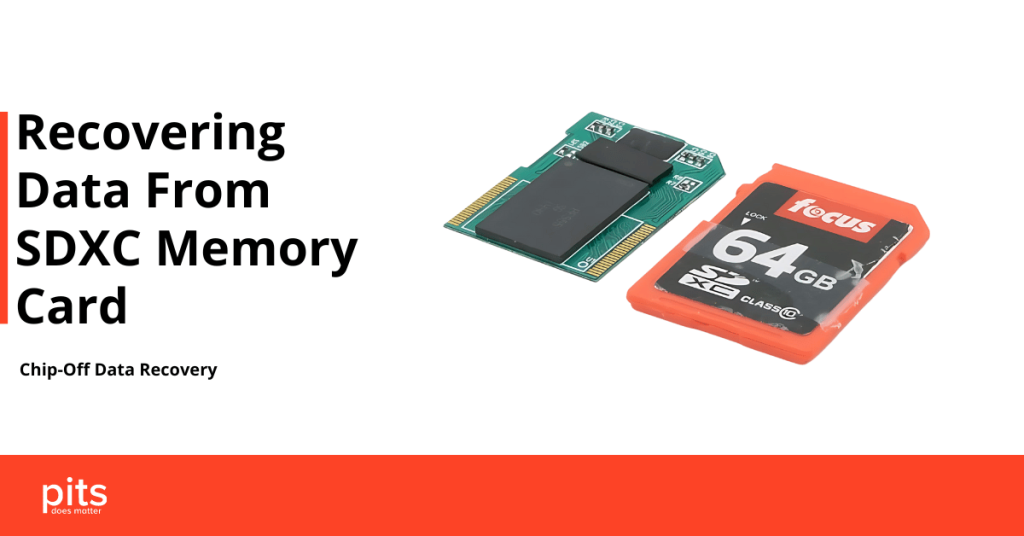Solid State Drives (SSDs) have become the go-to storage solution for many due to their speed, reliability, and compact size. However, like any electronic device, they are not immune to failures. One of the more serious issues that can lead to SSD failure is a short circuit. This blog post will explore what a short circuit is, how it can affect a Vector SSD, signs of failure, and steps to take if you experience this issue.
What is a Short Circuit?
A short circuit occurs when electrical current flows along an unintended path, causing excessive current to flow through components not designed to handle it. This can lead to overheating, damage to electronic components, and ultimately, device failure. Short circuits can be caused by:
- Damaged Cables: Frayed or exposed wires can create a direct path for electrical current.
- Moisture: Water or humidity can cause conductive paths to form, leading to shorts.
- Manufacturing Defects: Faulty components can also lead to short circuits during operation.
How Short Circuits Affect Vector SSDs
When a short circuit occurs within a Vector SSD, it can lead to severe consequences, including:
-
Data Corruption: A short circuit may cause data being written to the SSD to become corrupted, leading to loss of important files.
-
Component Damage: Excessive current can damage internal components, such as the memory chips or controller, rendering the SSD unusable.
-
Complete Drive Failure: In severe cases, a short circuit can lead to total failure of the SSD, making it impossible to recover data.
Signs of SSD Failure Due to Short Circuit
If you suspect your Vector SSD has experienced a short circuit, look for the following signs:
- Inability to Access Data: You may find that files are missing, or you receive error messages when trying to access data.
- Unusual Sounds: Although SSDs are generally silent, any clicking or grinding noises could indicate internal damage.
- Overheating: If the SSD becomes excessively hot during use, it could be a sign of internal failure.
- System Crashes or Freezes: Frequent crashes or freezes while using applications that rely on the SSD can indicate a problem.
What to Do If Your Vector SSD Fails
If you suspect that your Vector SSD has failed due to a short circuit, follow these steps:
1. Stop Using the SSD Immediately
If you notice any signs of failure, disconnect the SSD from your computer to prevent further damage and potential data loss.
2. Check Connections
Inspect the SSD and its connections for any visible damage. Ensure that all cables are intact and properly connected. If there is visible damage to the cables, replace them.
3. Try Different Ports or Devices
If possible, connect the SSD to a different USB port or another computer. This can help determine if the issue lies with the SSD or the original system.
4. Use Data Recovery Software
If the SSD is still detected but you cannot access your data, consider using data recovery software. Some reliable options include:
- Recuva: A free tool that can recover deleted files from various storage devices.
- EaseUS Data Recovery Wizard: Known for its effectiveness in recovering lost data.
- Stellar Data Recovery: Offers advanced features for retrieving lost or corrupted files.
5. Consult Professional Data Recovery Services
If the above steps do not resolve the issue, it may be time to consult a professional data recovery service. They have specialized tools and expertise to recover data from damaged SSDs.
Preventing Future Short Circuit Issues
To minimize the risk of experiencing a short circuit and subsequent SSD failure in the future, consider the following preventive measures:
-
Use Quality Cables: Always use high-quality, undamaged cables and connectors to reduce the risk of electrical issues.
-
Avoid Moisture Exposure: Keep your SSD in a dry environment and avoid exposing it to liquids.
-
Regular Backups: Maintain regular backups of important data on separate storage devices or cloud solutions to protect against data loss.
-
Monitor Drive Health: Use monitoring tools to keep an eye on the health of your SSD. Early detection of issues can help prevent catastrophic failure.
Conclusion
Experiencing Vector SSD failure due to a short circuit can be a distressing situation, especially when it involves the loss of important data. Understanding what a short circuit is, how it affects SSDs, and recognizing the signs of failure can empower you to take the appropriate actions.
By following the troubleshooting steps outlined in this post and implementing preventive measures, you can safeguard your data and ensure the longevity of your storage devices. Stay proactive in your data management strategies, and protect your valuable information!


